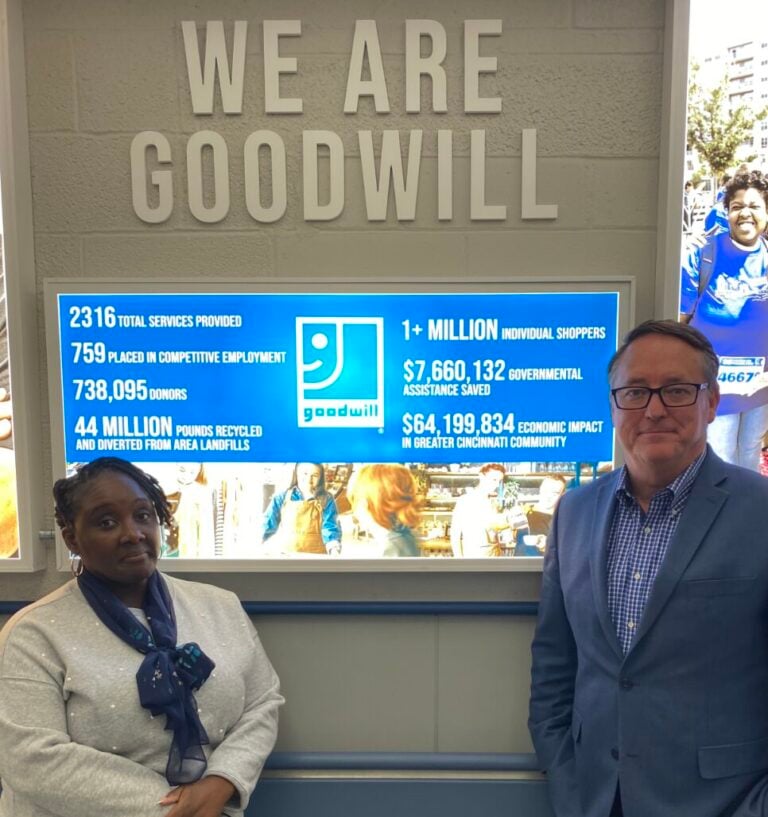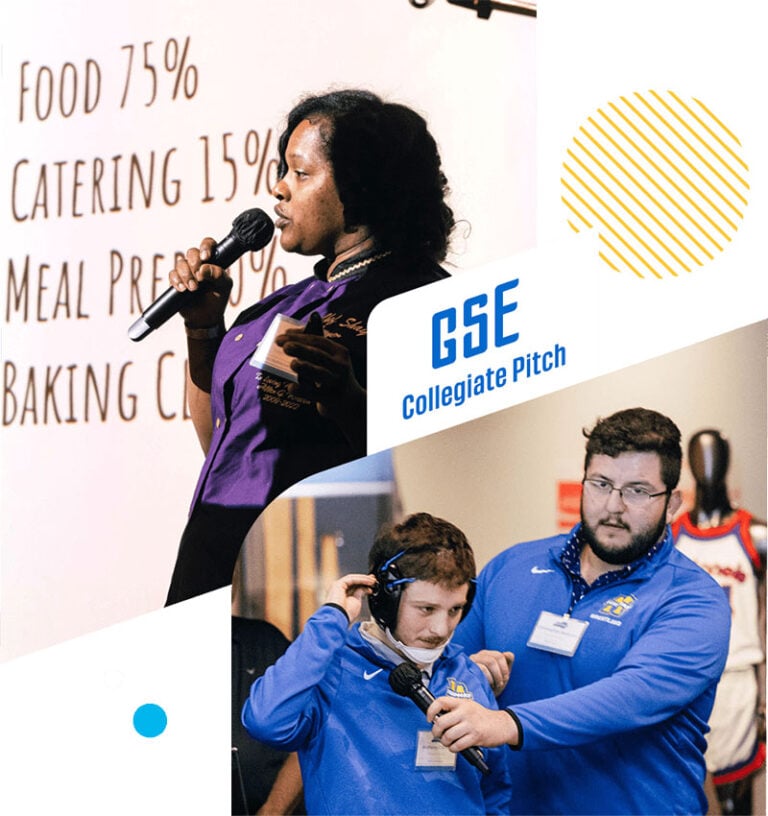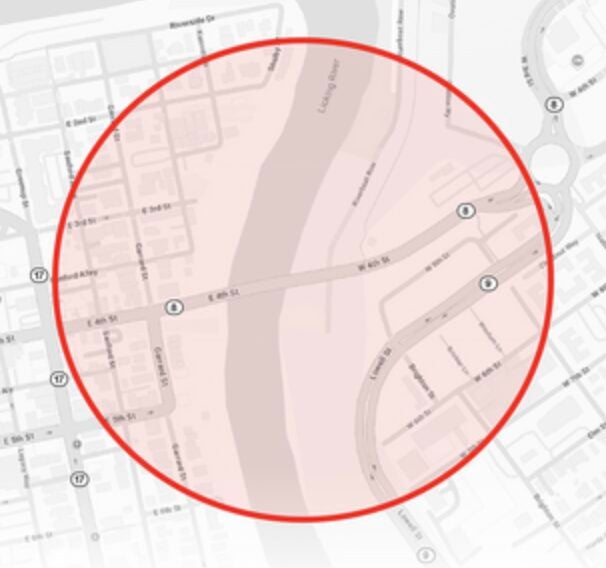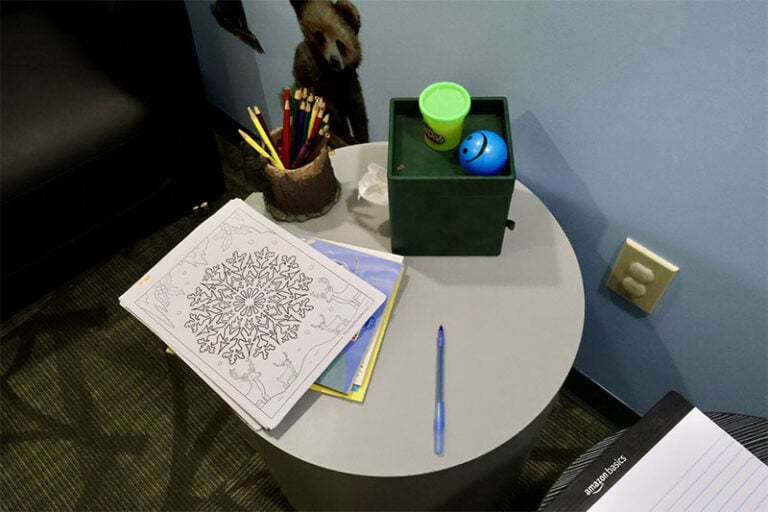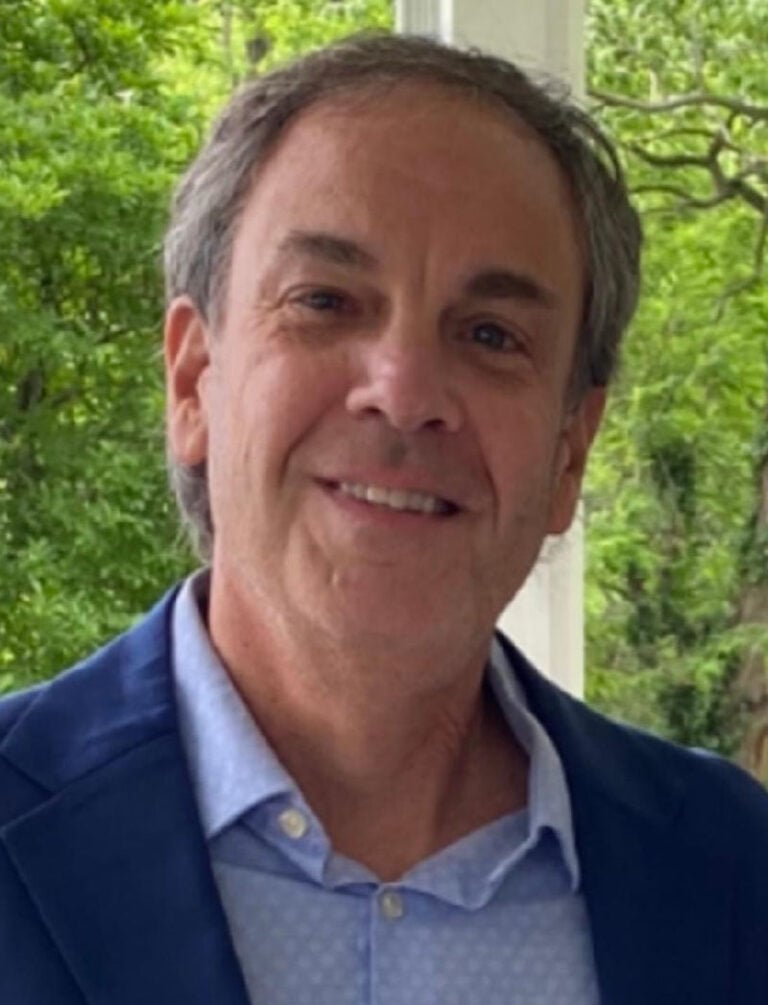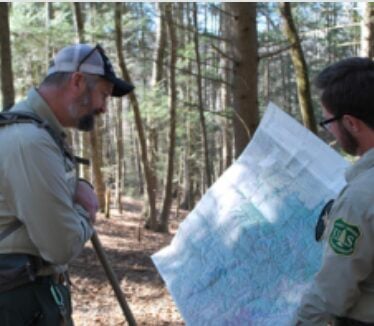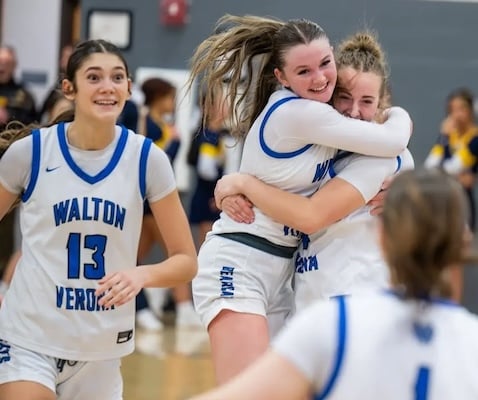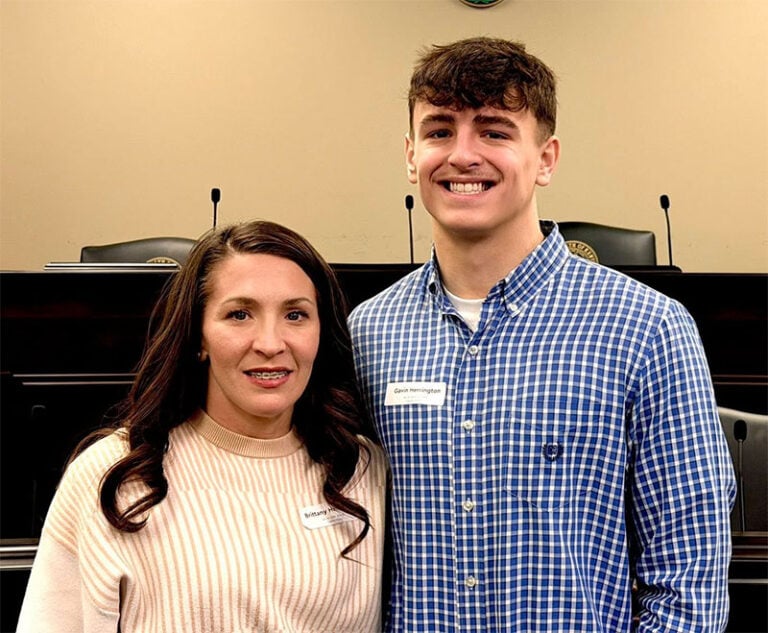By Alexia Dolan
NKyTribune intern
The Prichard Committee for Academic Excellence held its Groundswell Summit on Thursday and Friday, at the Ignite Institute in Erlanger. This educational strategy conference, led by Prichard President and CEO, Brigitte Blom, included educators, parents, and community members from all over the state, who attended the seminar to improve their respective school districts.
“Communities do wonderful things to help improve education outcomes and support the unique needs of local students and their families,” Blom said. “My belief is, Kentuckians are not hearing those stories that help them understand the magic of public education. Groundswell is about cutting through that to amplify efforts of teachers and community organizations.”
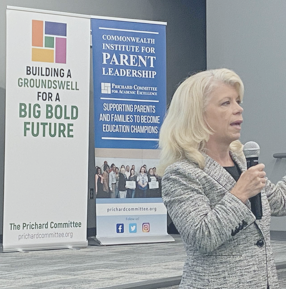
In the early 1980s and 90s, the educational state of the Commonwealth compared to the Dark Ages. Kentucky was at the bottom of national rankings and change was much needed, not only from legislation, but the community members who made up the school districts as well.
In 1983, Edward F. Prichard and his long-time colleague, Bob Sexton, created the Prichard Committee to advocate for the importance of having a quality education in Kentucky’s public schools. The Prichard Committee influenced policy makers to assist in passing the Kentucky Education Reform Act in 1990, resulting in a jump in national scores.
“This was a huge, transformative piece of legislation and as a result, Kentucky rose from the bottom to the middle of the national rankings,” Blom said. “It’s not always about monumental legislation, it’s about local communities responding to the unique needs of students.”
Blom highlighted the Thompson Scholar attendees from Clay County. The new non-profit focuses on connecting with the local children in Clay County through literacy activities. The Scholars gifted the children at-home libraries, along with offering tutoring services.
“They do incredible work, because the community bonded together to create this effort to improve outcomes for students in Clay County,” Blom said.

Outside examples allow the power of this work to be more tangible, resulting in other communities implementing similar practices. Blom mentioned a mother, Angie, who graduated from the Commonwealth Institute for Parental Leadership program (CIPL) and created a before-and-after school tutoring program for her sons’ football team, after finding out many team members were not going to meet the benchmark for the ACT.
“Angie took the data she learned and applied it to her boys’ in their transition to post-secondary education, because her sphere of influence stemmed from her childrens’ sports team,” Blom said.
Julie Pile, a fellow CIPL graduate and owner of ParentCamp, attended Groundswell Summit to share and listen to new ideas with others from all over the state.
“I connected with an individual from Oldham County who programmed an indicator in Infinite Campus that gives parents and guardians the option to select the preferred language they would like to use the site in,” Pile said, “It’s a great idea to add additional tools for teachers and students to accommodate every home situation.”
Pile and Laura Gilchrist started ParentCamp in 2015. Since the pandemic, the nonprofit currently holds bi-weekly Zooms that focus on building connected school ecosystems between families and school districts.
“ParentCamp is designed for meeting the needs for meaningful connection, support and having their voice heard,” Pile said. “It’s an opportunity for relationships to be built between schools, communities and families and as they are built, there’s capability of tackling the tough issues in our school through collaboration.”
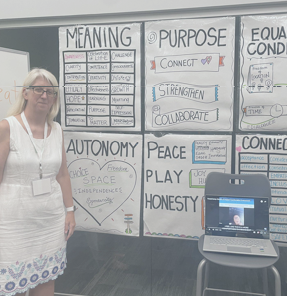
Growing its initial roots in Northern Kentucky, ParentCamp is now a nationally run institution and often works with federal agencies, like the U.S. Department of Education and the U.S. Department of Human Services.
“It’s great because people are connecting with other parents and educators all over the place, while also building a support system everywhere,” Pile said.
The pandemic was challenging for most, but ParentCamp used remote learning to its advantage by starting virtual sessions in March 2020. There are now Parent Campers in 48 states, as well as overseas.
“Pivoting to a virtual model felt natural and we found parents seeking us out because they were feeling isolated and didn’t know if they were doing the best they could,” Pile said. “What everyone came to realize, is that we’re all struggling with the same thing, while doing the best we can and that’s okay.”
Pile also values real-life examples to motivate and inspire future pioneers of education. In rural communities, it is often more difficult to feel connected with a school district that may be many miles away. Remote collaboration to network and learn from other parents and educators is an efficient way to feel a sense of belonging that is accessible from any location.
“During the pandemic, we had a parent who joined us from southwestern Kentucky and she told us that she doesn’t know what she would’ve done if it wasn’t for ParentCamp,” Pile said.
“She looked forward to this every other week because she needed that connection and that’s what we’re all about, knowing that we inherently need to connect with each other.”
Alexia Dolan, a communications student at the University of Cincinnati, is the Mike Farrell intern at the NKyTribune this summer.







